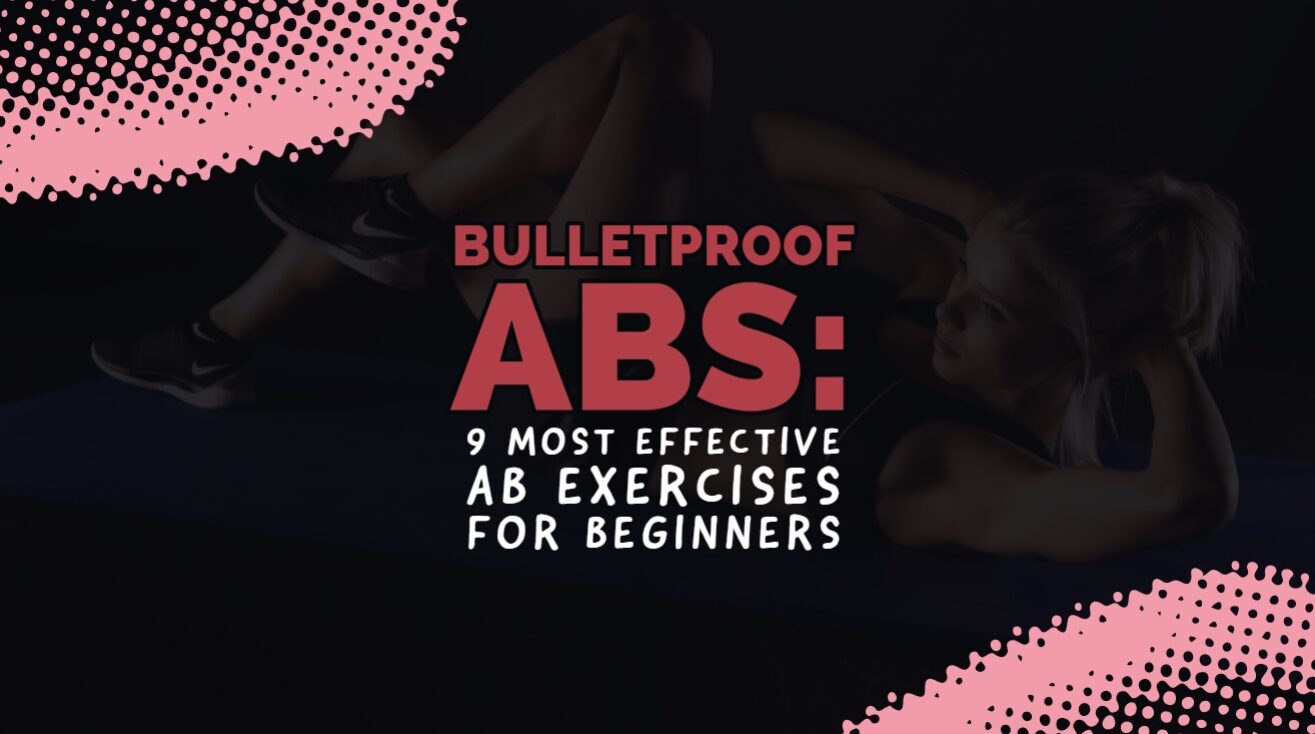Today we will talk to you about creatine. Specifically creates in monohydrate sand stat is the primary form of the supplement that we’ve all probably used.
What is creatine?
Creatine is basically an amino acid derived substrate or fuel. It comes from Metheny arginine and lysine and creatine is found primarily really in your skeletal muscle.
How do I dose creatine?
Let’s talk about the dosing do. You need to do a loading protocol for creative what really depends on your goals. If you’re currently not taking creatine doing that loading protocol for one week of roughly 20 grams per day. It’s certainly something you should do. If you’re currently taking creatine then you don’t need to load on it at all you just stay on a maintenance dose of roughly 3 to 6 grams per day and that should be sufficient.
What does creatine do to lean body mass?
Well, what’s exciting about creatine is that there’s probably not a single supplement that has more research behind it in terms of elevating lean body mass than creates a monohydrate. We know from probably well over 300 studies that if you consume creatine monohydrate in a dose of roughly 5 grams a day for two months maybe three months. You’ll get a significant increase in lean body mass and with that increase in lean body mass and increase in strength and in even in muscular endurance.
Does creatine promote gains in fat mass?
Interesting about creatine is that you actually don’t gain any fat from it. It’s purely you might say an anabolic fuel or anabolic substrate that does promote just an increase in lean body mass or no effect on fat mass.
How does creatine affect children and the elderly?
Well, this is where it gets kind of interesting. When you’re dealing with the elderly particularly since losing muscle which is what we call sarcopenia. Since losing muscle with age is such an issue it’s probably important that older people consume creatine because there is data that show that in 60 to 80-year-olds that creates in monohydrate can indeed help increase lean body mass and strength. So that helps with activities of daily living. What about creatine for kids and this is where it gets a little bit more controversial there’s actually data in teenaged athlete that if you give them creatine and actually perform better and this was in a specific group of what are called fin swimmers they actually perform better after loading for a week on creatine and there’s also dated the show that in kids with traumatic brain injury that creatine will help protect the brain or at least help you recover faster and they were giving these kids really quite high doses so is it safer for kids as well as for older adults really the answer to that is YES. The safety data on creatine is unparalleled it’s one of the safest supplements out there.
How does creatine affect vegetarians vegans?
They actually will benefit the most and the reason they benefit the most is that they typically don’t get any creatine in their diet because creatine is typically found in meats and in fish. So if you don’t eat meat or fish the only way you’re going to get creative at least exogenously is to supplement and they’re the ones who are going to get they’ll get the most bang for the buck so to speak because they’re their endogenous levels or internal levels are so low to begin with so it helps them quite a bit.
How does creatine affect brain function?
We think another area of research that’s cool with creatine is the effects on brain function if you look at some of the data on memory taking creatine monohydrate will improve memory and again in particular in those who are vegetarian or vegan because their normal intake of creatine is really it’s really quite insufficient.
Who best responds to creatine?
Well we know this that if you have a lot of fast twitch fibers what are called type ii fibers. That you seem to be a better responder than someone who has a lot of type 1 or slow twitch fibers the primary difference between your type 1 and type 2 fibers let us give you a fleet examples your type 1 fibers primarily slow twitch it has a lot of endurance so you see that in marathon runners for instance, the type ii fibers are what we call fast switch and you see that a lot in skin prints and sprinters. Most of us are probably a mixture of it people who do bodybuilding again are probably a mixture of it but again if you’re at one extreme which is type one or slow versus the other extreme which is type two or fast you’ll excel in those events.
When should I take creatine?
Taking it post-workout works than pre-workout. Now if there’s a caveat to that I think if you’re on creatine chronically, let’s say been taking it for years and years and years it probably does not matter if you take it in the morning the evening pre-workout or post-workout. As long as you get your roughly 5 grams per day now if you cycle on and off it and let’s say you’re competing or preparing for an athletic event. Then probably it would make sense to take it post-workout so at least you know there’s at least some suggestive data to show that might be a little bit better than pre-workout. So it’s timing an issue it’s an issue if you’re not taking it regularly if you’re taking it regularly it’s probably not that big an issue.
Please Share




